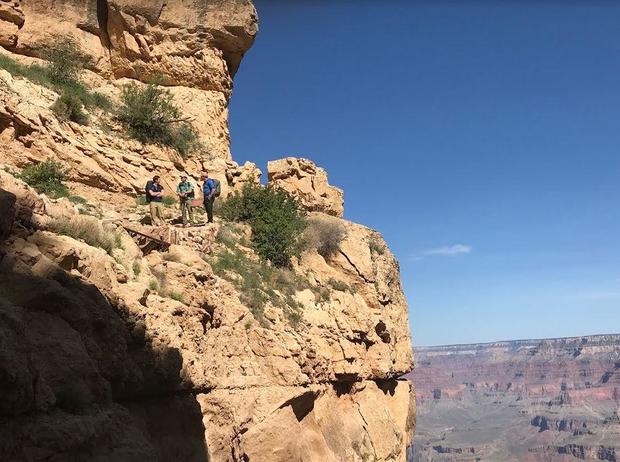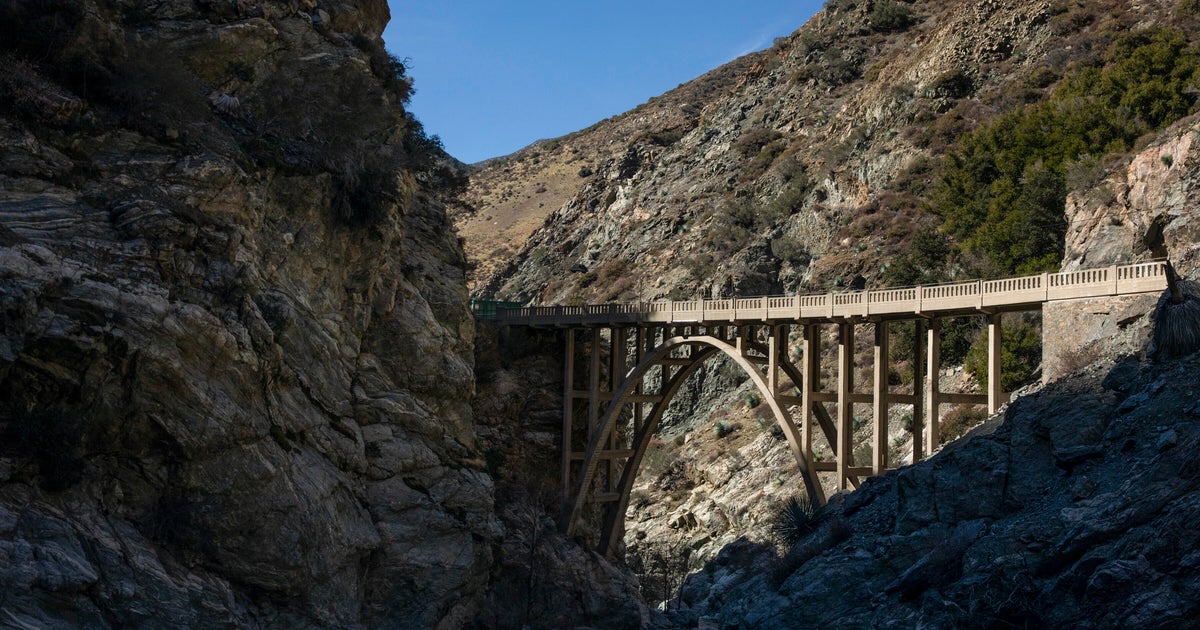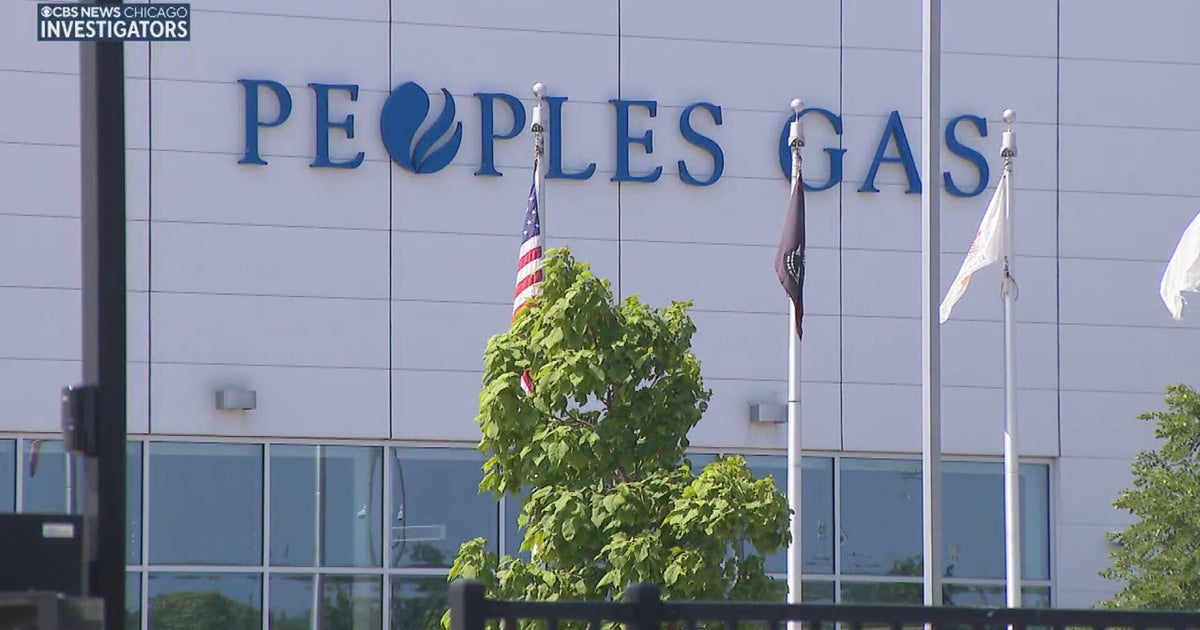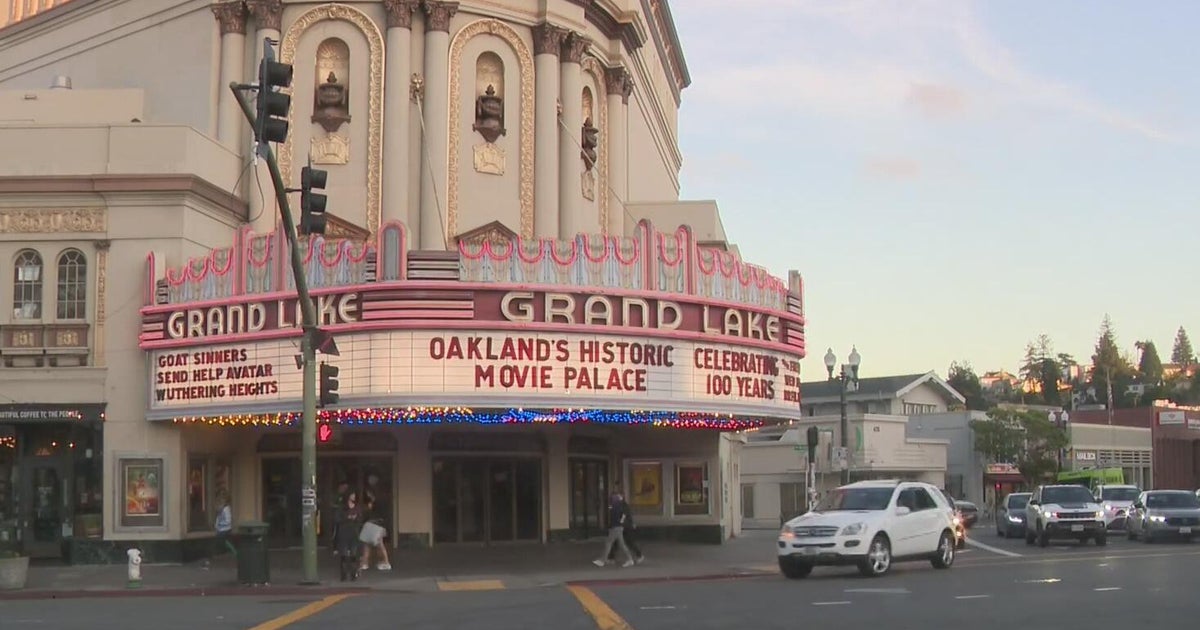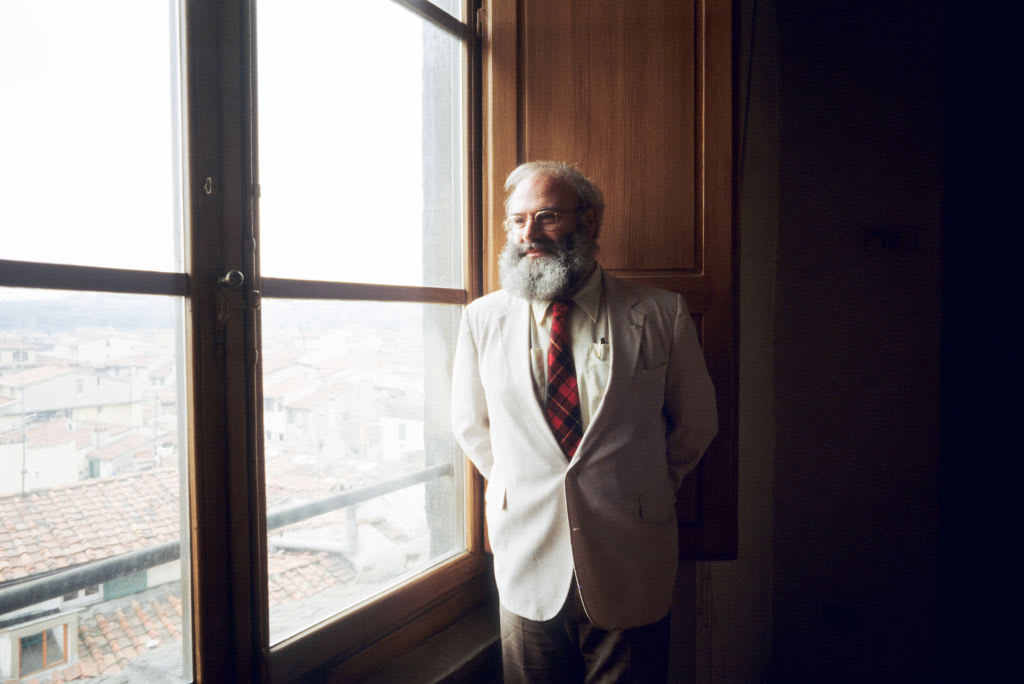2 men endure 71-day hike to document the Grand Canyon
This year is the 100th anniversary of Grand Canyon National Park. Six million visit each year, but fewer than 5 percent actually hike into the canyon. More people have walked on the moon than have walked the entire length of the Grand Canyon, 750 miles, the vast majority without trails.
"It's a hostile place and water is the key," said photographer Pete McBride.
It took McBride and writer Kevin Fedarko 71 excruciating days to complete their journey.
"I came in with some attitude. Like, 'We'll ju-- it'll be hiking.' and I just underestimated the physicality of it," McBride said.
The monumental physical accomplishment was to serve a larger purpose: A comprehensive book and documentary highlighting the canyon's challenges.
"This is this is the crown jewel of the entire system. This is the part that matters the most, not because it's the first or the largest or the most visited, but because it's the most recognized," Fedarko said.
Each step down along the Grand Canyon's paths catapults you more than 50,000 years back in time.
"So the canyon really does function like kind of a time machine. The clock starts at the rim, 250 million years into the past, and by the time you get to the bottom, you're 1.8 billion years into the past," Fedarko said.
But it's the future they're worried about. There are proposals to build a tram to the bottom of the canyon, along with entertainment complexes. Already, hundreds of helicopter flights go in and out every day.
"That's the challenge, is this whole tug of war between access and conservation," McBride said.
Never mind competition for vast quantities of natural resources, uranium being the main one. All potentially infringing on a rare, remaining protected place.
"We're living in a world, for better or for worse, where we're all surrounded by screens and more noise and more chaos on some level. And these places enable us to kind of come back and connect with friends, family, silence, see the sky again, all these things that sometimes we're losing connection with," McBride said.
"We think of these spaces, like the Grand Canyon, as sacrosanct and inviolable because they're national parks. And the truth is that they're not," Fedarko said. "They're not protected for eternity. What they require is that each succeeding generation of Americans has to decide whether or not it's willing to renew the commitment that's necessary to preserve these places for another generation."
